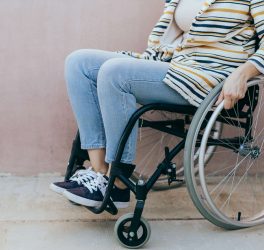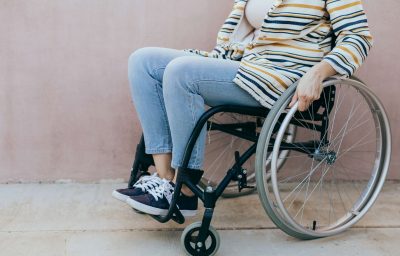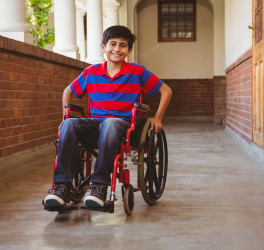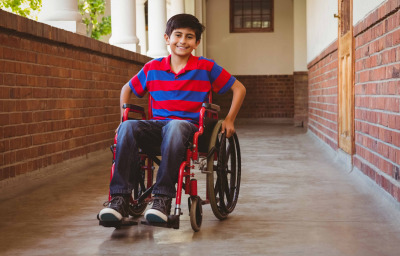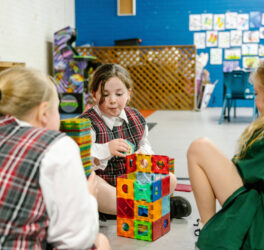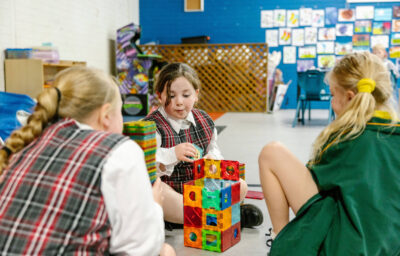
With the uncertainty of children’s education due to school closures and the continuously felt impact of the COVID-19 pandemic, Save the Children Philippines steps up and launches Project ARAL (Access to Resources for Alternative Learning) to help children from low income families and those with disabilities to access alternative learning platforms.
“The COVID-19 pandemic puts the lives of people at risk and leads to massive disruption to children’s lives as they miss out on education, access to healthcare systems and basic needs such as food and medicines.” said Atty. Alberto Muyot, Chief Executive Officer of Save the Children Philippines.
“The effects and challenges posed by prolonged school closures will have a greater impact to children already marginalized and coming from underserved communities including those with disabilities, living in shanties, as well as conflict-affected and hazard-prone areas,” said Muyot.
Project ARAL will initially be implemented among the deprived children in the cities of Caloocan, Navotas and Malabon who face risks of being left out when classes resume using the new learning methods such as online platforms, television, and mobile phones.
Save the Children Philippines will be introducing retooled phased messages and activities for families and for children, especially 5 years old and below, to complement the Department of Education’s (DepEd) online learning program called “DepEd Commons” that only covers 48 per cent of public schools with access to internet connection.
For pre-primary learners aged 3-5, early literacy and numeracy at home materials will be used for 12 weeks with suggested activities per day. Meanwhile, for ages 6-9, reading camp modules will be offered for 21 sessions. Lastly, Digital Children’s Circles will be developed for ages 10-12. All these materials have child-sensitive content and integrate lessons on health and nutrition, as well as psychosocial support.
“We will also provide assistance to parents, and caregivers to ensure that they can effectively support their children’s learning and well-being at home,” said Muyot.

